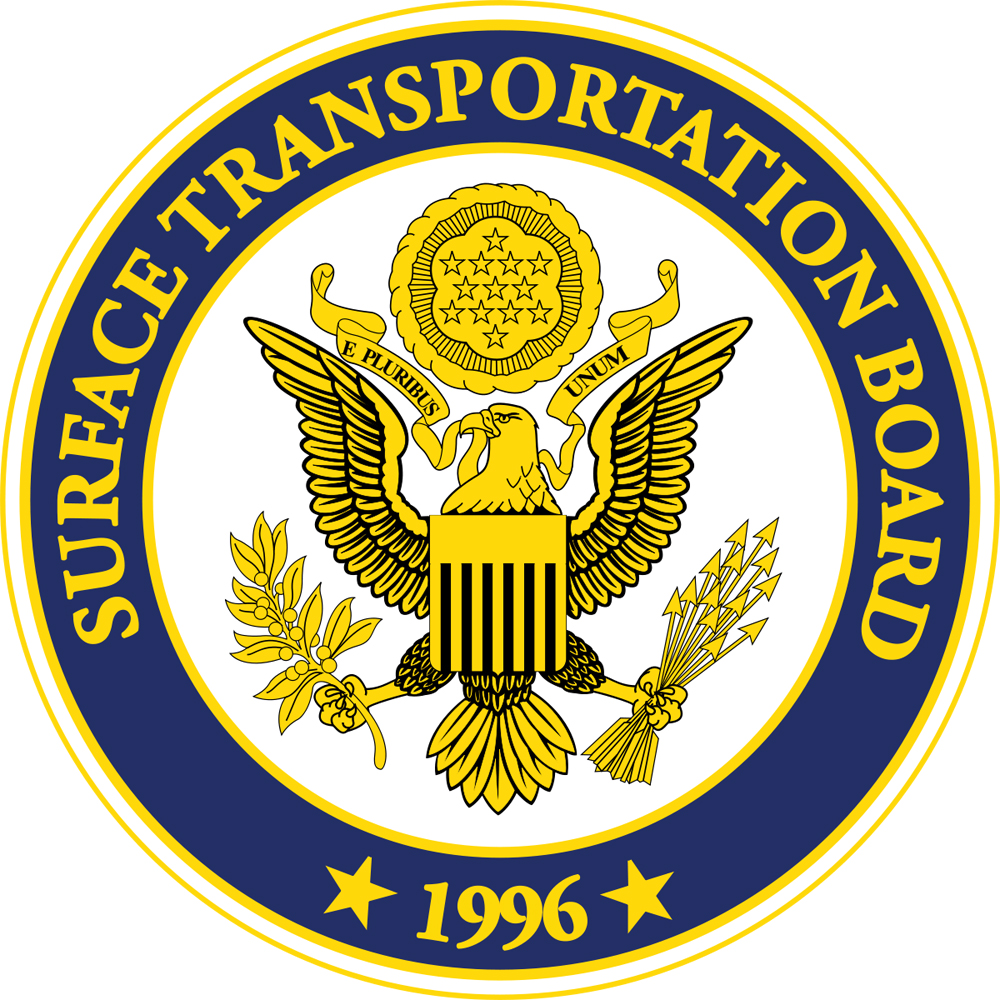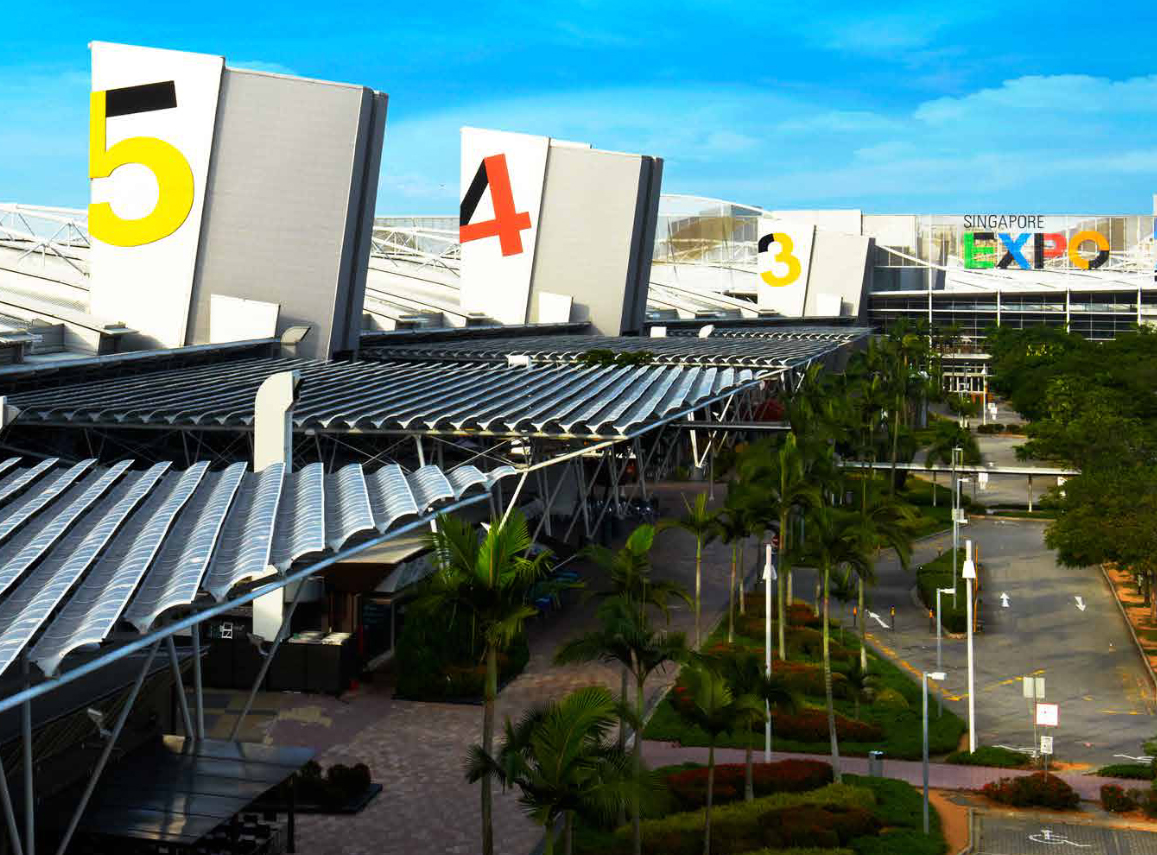
WASHINGTON — Surface Transportation Board Chairman Martin Oberman was so disappointed in the lack of information provided at Wednesday’s board hearing into the status of Amtrak Gulf Coast service that he ordered the parties to come back in 30 days with a detailed report to address the board’s unanswered questions.
“I’ve negotiated a lot of settlements in my time, many more complicated than this, and if people really want to make a deal, it doesn’t take 15 months,” he said.
Amtrak, CSX Transportation, Norfolk Southern, and the Port of Mobile had claimed that since discussions to begin two New Orleans-Mobile round trips were ongoing, the hearing wasn’t necessary because the parties “have no further information to offer.” They instead sought a May 1, 2024, update to proceedings that began two years ago.
Unresolved issues

But questioning by Oberman and other board members showed issues that remain unresolved include:
— A lease between Amtrak and the City of Mobile for a 3,000-foot layover track and station platform at a site now occupied by a parking lot.
— A green light from the Federal Railroad Administration for CSX to proceed from a 30% design to a 60% design on that facility once an environmental review of the site is completed.
— Approval from the FRA of what CSX attorney Ray Atkins calls a “tactical funding agreement” to spend the federal $178 million Consolidated Rail Infrastructure and Safety Improvement (CRISI) grant awarded last September, plus state matches.
— Operating agreements between Amtrak and Mobile, Mississippi, and Louisiana that would establish costs each entity will pay Amtrak to run the service.
Track capacity and station improvement construction between New Orleans and Mobile can’t begin until the Mobile-Amtrak station lease agreement is consummated.
Amtrak questions
Board members repeatedly asked Amtrak attorney Jessica Ring Amunson for timelines when various negotiations began. Vice Chair Karen Hedlund was particularly critical that the company had no operating agreements in place when it “initiated a proceeding with us that took 11 days of Board time. We were solely focused on the issue of capital costs. If you bring another case like this,” she cautioned Amunson, “don’t bring it until you have an operating agreement.”
Hedlund, a former FRA deputy administrator, added, “It shouldn’t take more than six months [since the CRISI grant was awarded] to get a FRA funding agreement in place.” She referenced Amtrak’s plans to double ridership by 2040 in part through the “ConnectsUS” initiative when observing, “Those who are looking to Amtrak to bring new service may find the progress you have made over the last couple of years in this proceeding to be a little bit disheartening.” Referencing a quote from architect Daniel Burnham, she asserted, “Amtrak is making no little plans but it has to figure out how to implement them.”
Amunson said Amtrak and Mobile, “as the mayor reported, [are] engaged in forward moving negotiations on a regular basis.” However, those negotiations have stalled since the city unveiled its proposal to Amtrak more than three months ago [see “City of Mobile sends lease …,” Trains News Wire, Nov. 6, 2023]. Oberman said he “found the status report significantly misleading in the fact that it fails to mention in any way an ongoing unresolved matter, according to media reports.”
Oberman continued, “As I said at the outset, we understand that your negotiations with Mobile were not in this case, but the case is about when the trains are going to run; that’s why we’re here.” He noted that the public is entitled to a full report “on what is holding things up.”
Amunson asserted it wasn’t “appropriate to go into the back and forth” of lease negotiations with the city, though she acknowledged discussions began sometime shortly after the settlement with the host railroads was reached in late 2022. As with terms of the CRISI-funded infrastructure settlement, Amtrak appears intent on limiting the STB’s jurisdiction over — and ability to investigate — third-party negotiations.
“Issues regarding operating costs and operating support do not implicate parties before the Board or the proceeding before the Board,” she said. “That said, Amtrak is continuing to work with the Southern Rail Commission and with its state and local partners to address issues of operating costs and operating support.” The SRC received a federal Restoration and Enhancement grant in 2018 that would have helped fund the service, but Amtrak is now negotiating different terms with Louisiana, Mississippi, and Mobile, not the SRC, for an undisclosed reason.
Oberman concluded the hearing by reminding Port of Mobile attorney Robert Wimbish that all infrastructure improvements which will also benefit his client and CSX hinge on getting land lease and operating agreements consummated between Amtrak and the City of Mobile.
“There are a lot of people in this room have done a lot of fast legal work when it needs to be done,” Oberman said. “Get it done!” Earlier, Board member Robert Primus noted, “If there is a stumbling block we should know about it. It’s time to stop shaking hands and start moving trains.”
Video of the hearing is available on the Surface Transportation Board’s YouTube channel.











